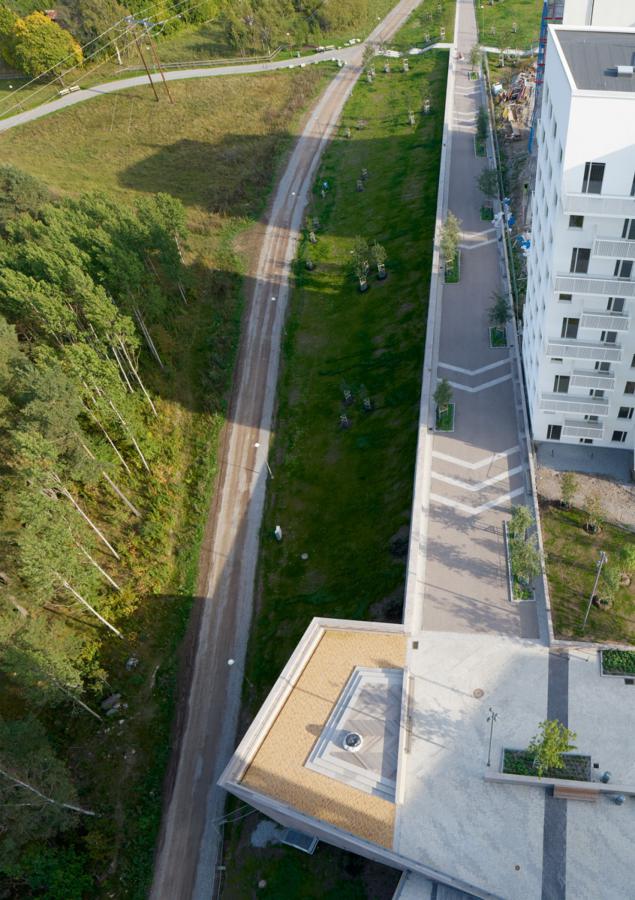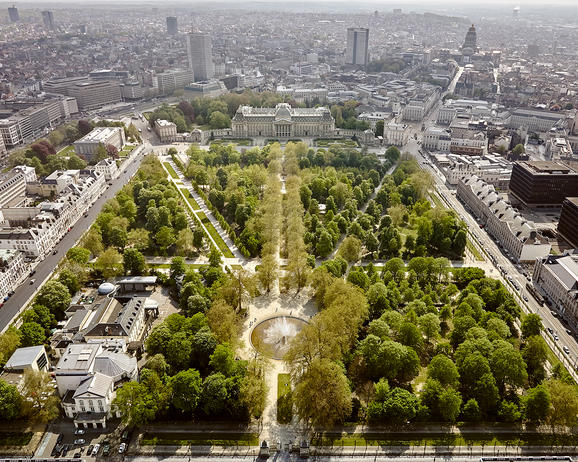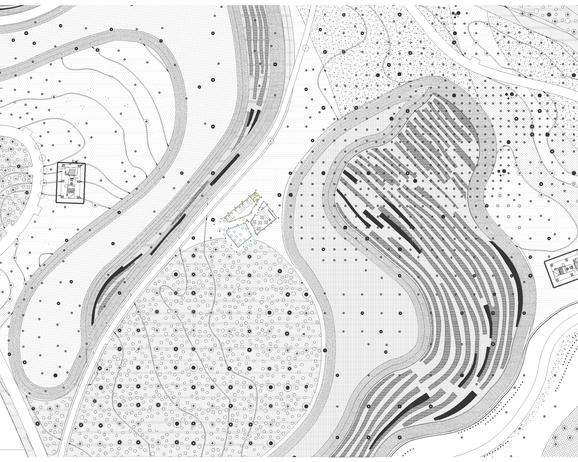Lezing van Thorbjörn Andersson en Kathy Velikov in het auditorium MSI van de KU Leuven.
CIVA en de Faculteit Architectuur van de KU Leuven slaan de handen in mekaar om een reeks lezingen te organiseren over landschapsarchitectuur in Europa. Een aantal voorname beoefenaars zullen er spreken over hun expertise en het ontwerpen in een stedelijke of urbaniserende context. De reeks past enerzijds in de MaHS-MaUSP postgraduaat-programma's van de KU Leuven. Anderzijds kaderen ze in de lopende CIVA-tentoonstelling Designed Landscapes — Brussels 1775-2020. De lezingen van Thorbjörn Andersson en Kathy Velikov maken hier onderdeel van uit.
gratis toegang
10 Notions About Landscape Architecture - by Thorbjörn Andersson
Around half of the people of the world live in cities. The public realm is important for the quality of city quality. Public life takes place in the streets, in parks and on plazas and squares. Design of public space thus is an important commission not only for landscape architecture but even more so for societies. How can this be done? Which are the key aspect of good design of parks and plazas? The lecture will point out ten important aspects when it comes to the design of public space.
Re-scripting Urban Ecologies - by Kathy Velikov
The work of rvtr engages the question of how to simultaneously think the medium and the matter of contemporary urbanization in order to enable design practices to operate strategically to reshape urban form and metropolitan life. Working both within the context of the de-centered, infrastructure and logistics-dominated territories of the urban periphery and the infrastructural spaces of unevenly developed city centers, our projects aim to re-script urban ecosystems of objects, agents, codes, and practices and re-assemble the city toward alternative futures. Our projects engage synthetic practices such as thick cartographies, development of live mapping tools, scenario-based propositions, and prototypes for access-enabling architectures.


